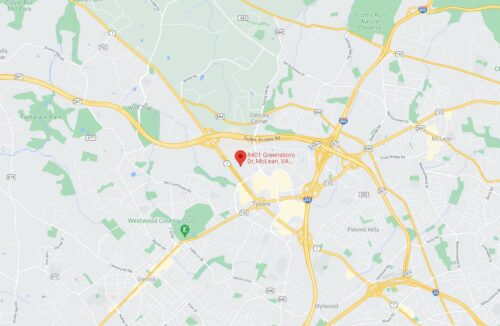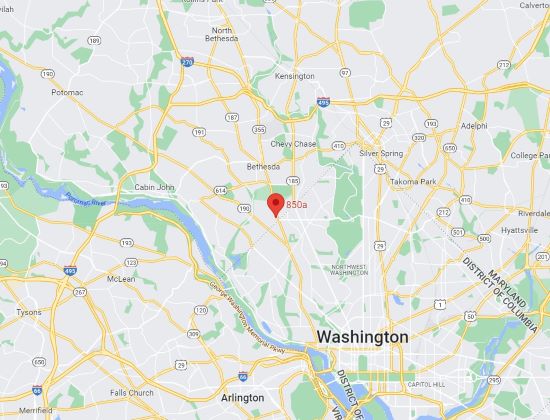Well, the time has finally come for me to taste some of the medicine that I preach on a daily basis.. For some reason, I thought I would somehow be exempt from the aging phenomenon known as Presbyopia, but after giving it a really good shot and having a pretty strong run through the mid 40’s, I have finally succumbed to the need for reading glasses! In reality, I can still read most any print handed to me at any time, but I have noticed a fair amount of eye strain lately and I am not liking that too much. This age-related weakening of the natural lens is expected to occur in absolutely everyone, almost like clock-work, and usually during the early 40’s. People like me who have had good vision their whole lives, all of a sudden have to head to CVS or the local Optometry office for a pair of those magnifying glasses you always see “old” people grabbing for as they struggle to read their menus. This is a huge change for us folks who have never needed any correction. For the rest of the world that needs glasses, when this problem occurs to them, they need to start wearing bifocals, or they can take off their distance glasses, or they can do MONOVISION contact lenses. (BTW, this is a pretty challenging topic to describe for understanding in a blog, but here goes….)
Well, what about LASIK and how does this play into this aging issue? If you have LASIK Laser Vision Correction surgery, and we make your eyes see perfectly without distance glasses (just like mine), and then you reach the ripe old age of say 45, your lens will begin weakening and you will soon have to be grabbing for the reading glasses. It is a completely NORMAL phenomenon. Your LASIK hasn’t worn off, it is simply that the eye has aged internally and now it loses near power.
Some people who are over 40 and wh0 are not interested in perfect distance vision at the expense of needing reading glasses, opt for us to do their LASIK Laser Eye Surgery with a MONOVISION approach. What this means is we correct the DOMINANT eye (which is the main eye we use when sighting things— It’s the eye you put a camera up to) for perfect distance vision, and then we correct the other, NON-DOMINANT eye so that it can read better than it sees distance. These folks are left with one eye that sees better at distance and one that sees better at near, a sort of compromise to avoid reading glasses. Contact lenses can be used in advance of surgery to test it out for the patient and they can see if they like it. We can also use a Radio-frequency probe in a procedure called CONDUCTIVE KERATOPLASTY (CK), to steepen the cornea on the NON- DOMINANT eye and this will give a patient a MONOVISION effect, with one eye reading better than the other eye (which is set for distance). I have been doing CK since it was approved by the FDA approximately 8 years ago, and MONOVISION LASIK since 1996.
I unfortunately cannot have MONOVISION LASIK or CK (Conductive Keratoplasty), as my visual demands being a LASIK Laser Eye Surgeon are quite high. I simply cannot give up ANY depth perception as I want my operating vision to always be perfectly binocular. MONOVISION can interfere with depth perception, depending on how much difference there is between the two eyes.
So, if you see me wearing reading glasses in my occasionally in the office, it is so that I can continue to give my patients the best outcomes possible! (as vision is kind of important to what I do..) I hate that I have gotten to the ripe “old age” and in need of this correction, but then again, it is a simple fact of life and it surely beats the alternative to aging!



